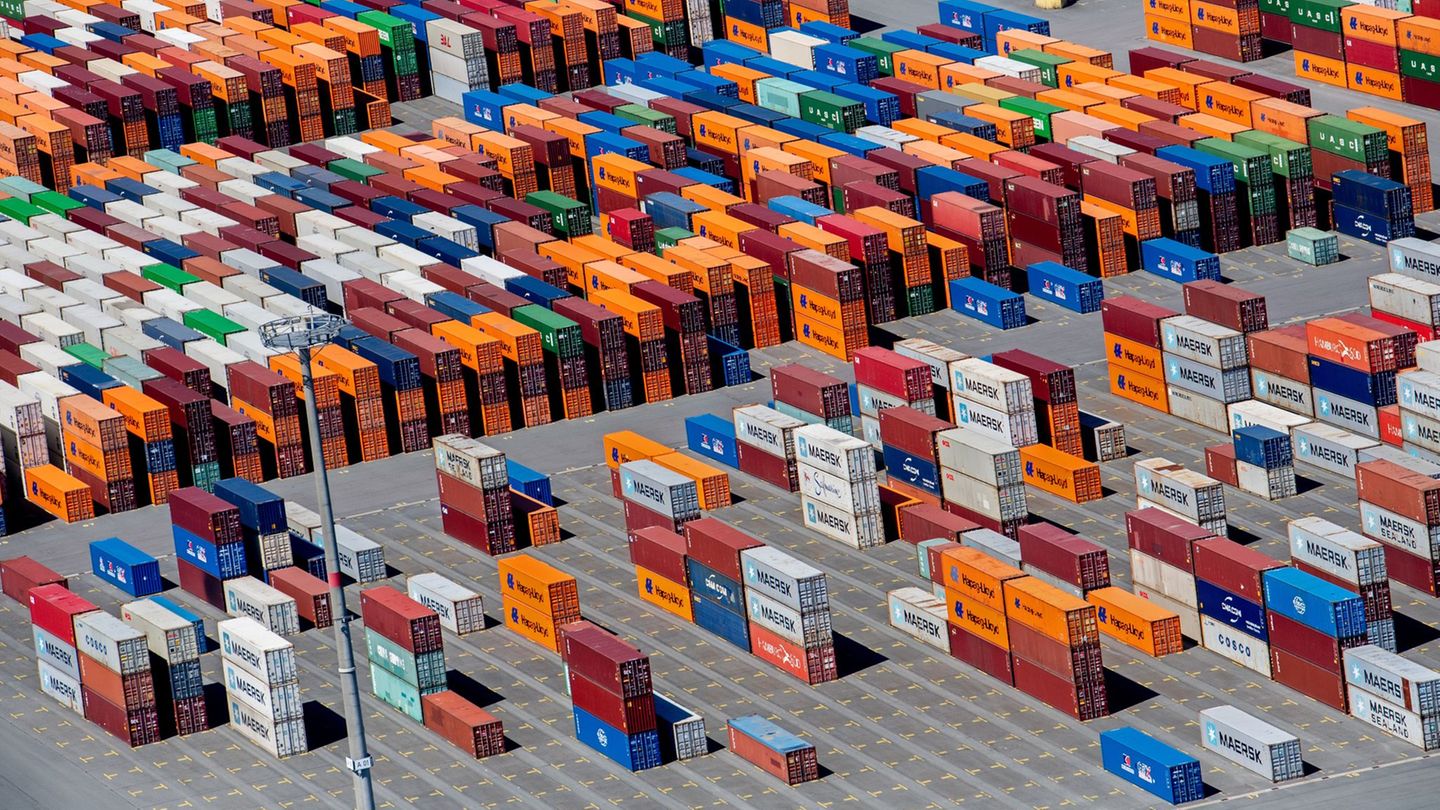Menu
According to the trade deal: customs cleaning with the USA is burdening German companies
Categories
Most Read
ChatGPT: 90 percent consider the chatbot to be more competent than their boss
October 9, 2025
No Comments
Advertisements: Federal Court of Justice clarifies requirements for price advertising
October 9, 2025
No Comments
Widow’s pension: How is it counted towards your own pension?
October 9, 2025
No Comments
Maximum pension: This is how high the maximum pension is in Germany
October 9, 2025
No Comments
Economy: Ifo: Sentiment in the industry has fallen before the auto summit
October 9, 2025
No Comments
Latest Posts

Axel Kicillof regulated the law that requires gender training for Buenos Aires sports entities
October 9, 2025
No Comments
October 9, 2025 – 07:48 The Buenos Aires governor regulated Law 15,189, which requires sports entities to train in gender and violence against women. The

The IACHR warned about the increase in political persecution of Nicolás Maduro
October 9, 2025
No Comments
October 9, 2025 – 07:45 Rapporteur Gloria de Mees warned of an increase in arrests and censorship of dissidents and demanded to visit the El

Football Lower House: Eberschwang finally wants to break the “derby curse”.
October 9, 2025
No Comments
After almost being relegated last summer, SV Eberschwang has scored 13 points so far this season and is currently in fifth place. HSV coach Werner
24 Hours Worlds is a comprehensive source of instant world current affairs, offering up-to-the-minute coverage of breaking news and events from around the globe. With a team of experienced journalists and experts on hand 24/7.

